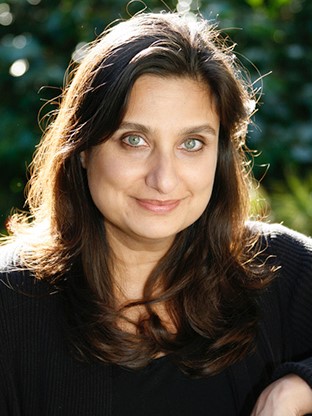Events
All Content
Divya Chander was a nonresident senior fellow with the Atlantic Council’s GeoTech Center. She is a physician and neuroscientist who trained at Harvard, UCSD, UCSF, and the Salk Institute. She has been on the anesthesiology faculty at Stanford University since 2008 and neuromedicine faculty at Singularity University since 2010. Her postdoctoral training in optogenetic technology was conducted in the laboratories of Karl Deisseroth and Luis de Lecea at Stanford, where she used light-activated ion channels inserted in DNA to study sleep and consciousness switches in brains. In the operating room, she applies EEG technology to understand what human brains look like when they lose and regain consciousness, and has recently developed a precision medicine initiative aimed at understanding genetic variability in responses to anesthetic drugs. Her goal is to understand neural mechanisms of consciousness and eventually utilize this knowledge to develop improved algorithms to create better brain monitors. She is currently working on applications of neural wearable devices to crossover consumer and medical markets. Chander shares a parallel passion for space exploration.
During her lifetime, it is her deepest desire to see a well-developed architecture to sustain human and robotic exploration of our solar system and beyond. An alumna of the International Space University, Chander has performed remote simulations of trauma rescues, anesthesia, and surgery in Mars analogue settings with physicians in the United States, France, and the Concordia base in Antarctica. Currently, she is involved with a consortium that is studying the effect of microgravity and radiation on the nervous system, cardiovascular system, cognition, and sleep. Chander anticipates using many of the brain read-out technologies applied to her clinical practice to understanding nervous system development and plasticity within the space microgravity environment to better enable short and long-duration space missions. She welcomes collaborations and joint ventures in the domains of neuroscience/consciousness studies and space neurophysiology.


